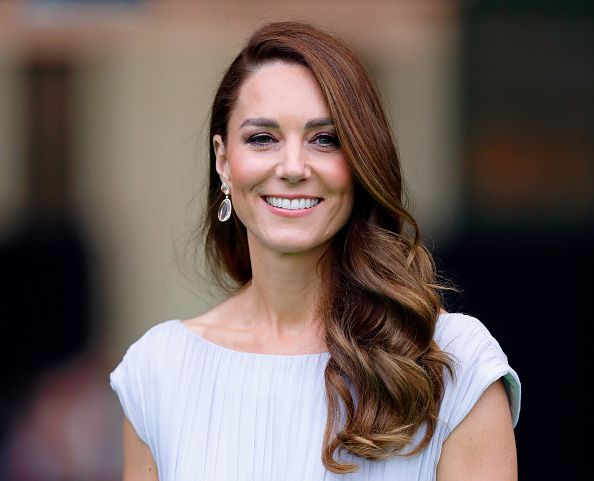Princess Catherine Announces Cancer Diagnosis
Catherine, Princess of Wales, revealed that she was diagnosed with cancer after undergoing abdominal surgery in January.
Princess Catherine was diagnosed with cancer after abdominal surgery in January.
Photo credit: Max Mumby/Indigo via Getty Images

Catherine, Princess of Wales, (also known as Princess Kate, born Kate Middleton) has been diagnosed with cancer, according to a video message she posted.
“In January, I underwent major abdominal surgery in London and at the time, it was thought that my condition was non-cancerous,” said Catherine. The 42-year-old is married to Prince William, who is the heir to the British throne.
READ MORE:King Charles III Receives Cancer Diagnosis
Catherine explained that her diagnosis was a “huge shock,” and that after the surgery — which she said was successful — further tests were run, which revealed cancer.
“My medical team therefore advised that I should undergo a course of preventative chemotherapy, and I am now in the early stages of that treatment,” she said. “William and I have been doing everything we can to process and manage this privately for the sake of our young family.”
Catherine and William have three children, George, who is 10, Charlotte who is 8 and Louis, who is 5.
Speculation has been ongoing since Catherine’s surgery, after which, she has shied away from the public eye.
“We hope that you will understand that, as a family, we now need some time, space and privacy while I complete my treatment. My work has always brought me a deep sense of joy and I look forward to being back when I am able, but for now I must focus on making a full recovery,” she said.
For more news on cancer updates, research and education, don’t forget to subscribe to CURE®’s newsletters here.
Cannabis Talks During Cancer, Cardiometabolic Comorbidities and Current Research
March 4th 2024In addition to a breakthrough therapy designation for a lung cancer drug, this week we’ll be talking a lot about additional side effects and health conditions that may come with a cancer diagnosis, and how to manage them.
Listen